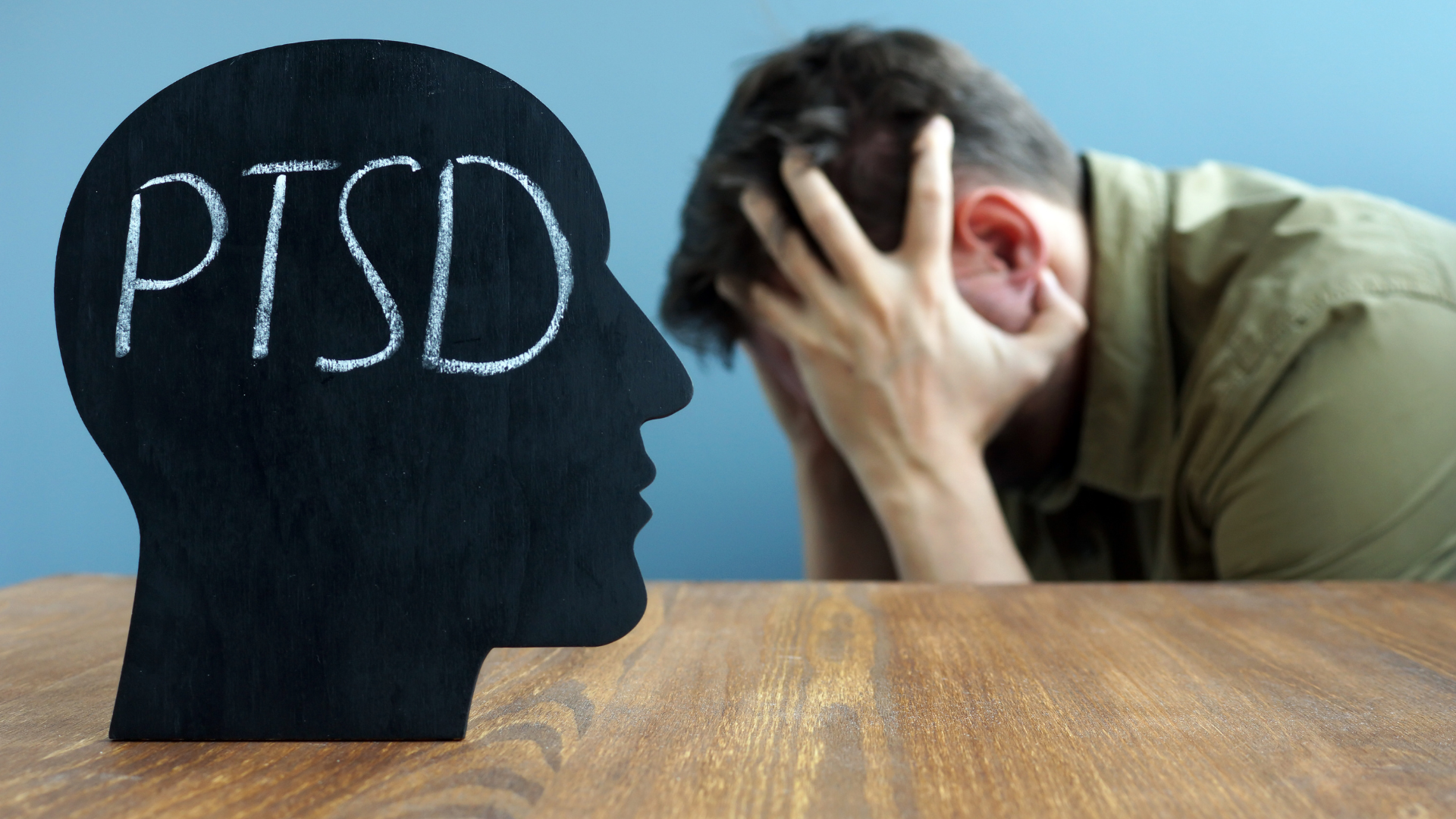What Is PTSD, And How Do I Recognise The Signs?
We all have an individual life story that makes us unique, and many of those stories include dealing with a traumatic event that has left us feeling vulnerable. While the idea of trauma is often associated with war, natural disasters, or gruesome crimes, traumatic events can happen anywhere, anytime.
What Is Post-Traumatic Stress Disorder or PTSD?
PTSD stands for Post-Traumatic Stress Disorder, a condition that can occur after a person experiences a terrifying, life-threatening event, such as a natural disaster, a serious accident, a violent crime, a war, a terrorist attack, or a car accident. When a person experiences a life-threatening event, there is a strong emotional response because the mind does not allow logic to take over.
It is an intense surge of emotions that takes over the mind and body at the time of the event. The emotions from that event can cause intense distress and disrupt a person’s ability to function. Apparently, there is no known cure for this problem, however, its effects can be alleviated with the help of some medication, counseling sessions, and some cannabis products (those interested can take a look at thc vape pen Canada, or elsewhere). Cannabis and related products are often looked at as alternative medications in recent times.
Various strains of the plant work in various ways – while THC gives consumers the required high and is usually found in recreational cannabis (like the ones found here), CBD on the other hand helps in managing stress and anxiety symptoms along with chronic pain and other neurological pain.
How Do I Recognize the Signs?
When someone has Post-Traumatic Stress Disorder (PTSD), it can often be difficult to recognize the symptoms of their condition, especially if they are mild. This is because, although PTSD is a serious condition, the symptoms are often subtle. It is important to listen to your instincts if you notice any of the following symptoms, as these could be symptoms that may lead to PTSD.
Intrusive Thoughts
We all suffer from intrusive thoughts, but in some cases, these thoughts can be so severe that they cause anxiety, depression, and other psychological disorders. It is common to confuse stress with anxiety, which can lead to panic attacks, but it is important to understand that anxiety is not the same as stress. Stress is an external force that can be controlled. Anxiety is an internal force that cannot be controlled.
Nightmares
Nightmares are a common symptom of Post-Traumatic Stress Disorder. The common causes of nightmares are sleep disorders, anxiety, depression, trauma, sleep apnea, and drug/alcohol withdrawal. Nightmares are often disturbing, frightening, and distressing. They may involve the presence of a frightening figure. Nightmares may naturally occur during REM sleep or involve a feeling of being awake or of being trapped. Nightmares may disrupt sleep, keeping one up at night or keeping one from getting the recommended 8 hours of sleep. To avoid this, many people tend to take the help of CBD supplements from D8 Superstore or from similar dispensaries. These supplements are considered to be helpful in deep periods of sleep and thus preventing the occurrence of nightmares.
Negative Thoughts About Self and the World
The term ‘PTSD’ is well known in mental health, and people with PTSD feel ‘stuck’ and ‘hopeless,’ and this negative and hopeless thinking and their associated feelings are causing so much damage that the person will not be able to overcome this issue.
Self-Isolation; Feeling Distant
Research shows that people with PTSD are less likely to join social groups, participate in hobbies, or even go out on their own. This is not surprising, given that social groups are an important part of our social lives. But, the truth is, the effects of PTSD on our everyday lives are not isolated to our social lives. The true feelings of isolation are more concerning because it has the potential to cause further problems in our day-to-day lives. In such cases, it might be essential to seek medical help as soon as possible. In many PTSD cases, the doctor may prescribe medical marijuana along with other medications. It is imperative that you have a medical marijuana card to purchase the necessary marijuana products. In case you don’t have one, you may need to apply for one with the help of medical marijuana card service providers. You can, for example, Get Medical Marijuana Card Online Pennsylvania by contacting Green Choice Medical or a similar med card provider in your area.
Anger and Irritability
Anger and irritability are two emotions experienced by many people who have found themselves dealing with post-traumatic stress disorder. Losing control of our emotions can cause problems in relationships, the workplace, and recreational activities.
Difficulty Concentrating
if you are the sort of person who is constantly distracted at work but also exhausted, you are not alone. Although many people can manage their distractions, others cannot concentrate to the level necessary to do the job they are employed to do. If you are constantly tired or unaware of what is going on, it may be time to consider PTSD.
Exaggerated Startle Response
The exaggerated startle response is a physiological response. A person may react startled, fearful, or overly defensive when faced with an unexpected and potentially dangerous situation.
After a traumatic event (often referred to as a trauma), the human body goes through an emotional and physical response that some call post-traumatic stress disorder (PTSD). That’s why it is much better if you are aware of your health to avoid PTSD.

